Mental Health and Teenagers
Discover the impact of mental health on teenagers. Learn about prevention, resources, and overcoming stigma. Get informed today!

Mental Health Challenges in Adolescents
Adolescence is a critical period of development that can bring about various mental health challenges for teenagers. Understanding these challenges is essential for promoting teen mental health and providing appropriate support. In this section, we will explore global statistics on adolescent mental disorders and common mental health conditions in teens.

Global Statistics on Adolescent Mental Disorders
According to the World Health Organization (WHO), approximately one in seven 10-19-year-olds globally experiences a mental disorder of some kind. These mental health conditions often go unrecognized and untreated. Suicide remains a leading cause of death in 15-19-year-olds, highlighting the seriousness of the issue. Early intervention is crucial, as half of all mental health disorders that may impact adults begin around age 14.
Common Mental Health Conditions in Teens
Several mental health conditions are prevalent among teenagers. Anxiety disorders are the most common, affecting approximately 3.6% of 10–14-year-olds and 4.6% of 15–19-year-olds. These disorders can manifest as generalized anxiety, social anxiety, or specific phobias. Depression is estimated to occur among 1.1% of adolescents aged 10–14 years and 2.8% of 15–19-year-olds. Other mental health conditions that teenagers may experience include attention-deficit/hyperactivity disorder (ADHD), eating disorders, and substance use disorders.
Identifying these mental health conditions in teenagers can be challenging as symptoms may be mistaken for typical adolescent behavior. It is crucial for parents, teachers, and caregivers to be aware of potential warning signs and seek appropriate help when necessary. Early intervention plays a vital role in preventing further progression of mental health issues.
Understanding the prevalence of these mental health challenges and recognizing the need for timely intervention is essential for supporting the well-being of teenagers. By providing mental health education for teens and establishing a supportive environment, we can help address these challenges and enhance the overall mental health of adolescents.
Risk Factors and Prevention
Adolescence is a critical period for mental health, and understanding the risk factors and implementing preventive measures is crucial for promoting the well-being of teenagers. Let's explore the impact of poverty, abuse, and violence, the warning signs of serious mental health issues, and the importance of early intervention.
Impact of Poverty, Abuse, and Violence
Teenagers exposed to poverty, abuse, and violence are particularly vulnerable to mental health problems. According to the World Health Organization, one in seven 10-19-year-olds globally experiences a mental disorder of some kind. Exposure to adverse experiences such as poverty, abuse, and violence increases the likelihood of developing mental health issues in adolescents.
The impact of these factors on mental health can be profound and long-lasting. Adolescents living in poverty may face increased stress, limited access to resources, and a higher risk of experiencing trauma or neglect. Similarly, those who have experienced abuse or violence may develop conditions such as post-traumatic stress disorder (PTSD) or anxiety disorders.
To address these challenges, it is essential to provide support systems for teenagers who have experienced poverty, abuse, or violence. This can include access to mental health professionals, counseling services, and community resources aimed at addressing the underlying causes and providing support to promote healing and resilience.
Warning Signs of Serious Mental Health Issues
Recognizing the warning signs of serious mental health issues in teenagers is essential for early intervention and support. Unfortunately, even those closest to teens often miss these signs. Suicide remains a leading cause of death in 15-19-year-olds, and many cases of mental health disorders in adolescents go undiagnosed and untreated.
Some common warning signs of serious mental health issues in teenagers include:
- Persistent sadness or withdrawal from activities and relationships
- Changes in eating or sleeping patterns
- Irritability, anger, or aggression
- Difficulty concentrating or decreased academic performance
- Engaging in risky behaviors or self-harm
It is important for parents, educators, and peers to be vigilant and communicate openly with teenagers. Creating a safe and non-judgmental environment encourages teenagers to express their emotions and seek help when needed. Encouraging mental health education for teens and promoting awareness of the signs and symptoms of mental health issues can make a significant difference in early detection and intervention.
Importance of Early Intervention
Early intervention is crucial in addressing mental health issues in teenagers. Half of all mental health disorders that may impact adults begin around age 14, yet many cases go undiagnosed and untreated. Delaying treatment can have long-term consequences, impacting academic performance, relationships, and overall well-being.
By identifying mental health concerns early on, appropriate interventions and support can be provided to teenagers. This may include counseling, therapy, medication, or a combination of approaches tailored to the individual's needs. Additionally, promoting mental health education and destigmatizing conversations around mental health can encourage teenagers to seek help and support.
Preventive measures, such as implementing comprehensive school mental health programs and creating supportive environments, are also essential in reducing the risk factors associated with mental health issues. Schools play a crucial role in supporting student mental health by providing resources, support, and promoting positive mental health practices.
By addressing risk factors, recognizing warning signs, and emphasizing early intervention, we can work towards promoting the mental well-being of teenagers and creating a supportive and nurturing environment for their growth and development.
Online Mental Health Resources for Teens
In today's digital age, online resources play a crucial role in providing support and information for teenagers dealing with mental health challenges. These resources offer a range of services and tools that can help teens recognize the need for help, connect with mental health organizations, and access crisis intervention services. Let's explore these aspects in more detail.
Recognizing the Need for Help
Recognizing the need for help is an essential step for teenagers struggling with mental health issues. Online platforms provide valuable resources that can assist teens in identifying the signs and symptoms of mental health conditions. Websites such as Mental Health America offer free, anonymous, and confidential mental health screenings for young people and parents. These screenings can help individuals understand if they are experiencing mental health challenges and provide guidance on seeking appropriate support.
The Role of Mental Health Organizations
Mental health organizations play a vital role in providing information, resources, and support to teenagers. Organizations like the World Health Organization (WHO) work on strategies, programs, and tools to promote mental health and prevent mental health conditions among adolescents. Additionally, the Substance Abuse and Mental Health Services Administration (SAMHSA) leads public health efforts to promote mental health, prevent substance misuse, and provide treatment and support for individuals. By accessing the websites and helplines provided by these organizations, teenagers can gain valuable information, locate local resources, and find the help they need.
Crisis Intervention for LGBTQ Youth
For LGBTQ (lesbian, gay, bisexual, transgender, queer, and questioning) youth, crisis intervention services tailored to their specific needs are essential. The Trevor Project is the world's largest suicide prevention and crisis intervention organization for LGBTQ young people. They provide a range of resources, including a helpline, chat services, and educational materials, to support LGBTQ youth in crisis. These services offer a safe and confidential space for LGBTQ teenagers to seek immediate help and guidance.
By utilizing online mental health resources, teenagers can access information, support, and crisis intervention services conveniently and confidentially. It's important to remember that these resources are not a substitute for professional help, but they can provide valuable guidance and connect teenagers with the appropriate mental health support they need.
School-Based Mental Health Support
When it comes to addressing the mental health needs of teenagers, school-based mental health support plays a vital role. Schools have the potential to provide accessible and comprehensive mental health services to students, promoting their overall well-being and academic success. In this section, we will explore the importance of school-based clinics, comprehensive school mental health programs, and support for transitioning youth.
Importance of School-Based Clinics
School-based clinics offer a convenient and comfortable environment for students to seek mental health services. According to a study by the U.S. Department of Health and Human Services Office of Adolescent Health, adolescents are more comfortable accessing healthcare services through school-based clinics. These clinics provide a range of health and social services in a single location, making it easier for students to access the support they need [4].
By having mental health professionals available on-site, schools can promptly address mental health concerns, provide counseling, and offer referrals to specialized services when necessary. This accessibility helps to break down barriers and ensures that students receive the support they need in a timely manner.
Comprehensive School Mental Health Programs
Comprehensive school mental health programs are designed to address the holistic needs of students, focusing not only on their academic success but also on their mental well-being. These programs have been shown to help students achieve academically, build social skills, develop leadership qualities, enhance self-awareness, and foster caring connections to adults in their school and community.
By integrating mental health education, prevention strategies, early identification of mental health concerns, and intervention services, comprehensive school mental health programs create a supportive environment for students. These programs often involve collaborations between schools, mental health professionals, families, and community organizations to ensure a comprehensive approach to supporting student mental health.
Support for Transitioning Youth
Transitioning from one educational level to another can be challenging for teenagers, and it's essential to provide adequate support during these times of change. Schools can play a crucial role in supporting transitioning youth by offering targeted mental health services and resources.
During transitional periods such as the move from elementary to middle school or from high school to college, students may experience increased stress, anxiety, or feelings of uncertainty. Schools can provide guidance counselors, peer support groups, and educational programs to help students navigate these transitions successfully. These resources help address the mental health needs of transitioning youth and promote their overall well-being.
By prioritizing mental health support within schools, educators and mental health professionals can create a positive and supportive environment for students. This approach not only helps students cope with mental health challenges but also promotes resilience and academic success. For more information on supporting teen mental health, check out our article on supporting teen mental health.
Remember, mental health readiness is just as important as physical and academic readiness for the new school year. Equipping young people with mental health support contributes to a healthier and brighter future, promoting resilience and academic success.
Social Media and Teen Mental Health
In today's digital age, social media has become an integral part of teenagers' lives. However, the impact of heavy social media use on teen mental health has raised concerns among experts. While social media can have both positive and negative effects on teenagers, it's important to understand the potential risks and benefits associated with its use.
Effects of Heavy Social Media Use
Research has shown a strong link between heavy social media use among teenagers and various negative outcomes. The adolescent brain, which is in a critical period of development, is particularly vulnerable to the influence of social media. A growing body of evidence suggests that frequent social media use during this phase can lead to detrimental effects on emotional learning, behavior, impulse control, and emotional regulation [5].
Some of the adverse effects of heavy social media use include:
- Increased risk of mental health issues: Social media can contribute to feelings of depression, anxiety, and loneliness among teenagers. Exposure to cyberbullying, unrealistic body ideals, and harmful content can negatively impact their mental well-being.
- Sleep disturbances: Excessive use of social media, particularly before bed, can disrupt sleep patterns and lead to poor sleep quality and reduced sleep duration. This, in turn, can have a negative impact on emotional health and increase the risk of suicide.
- Distorted self-perception: Constant exposure to carefully curated profiles and images on social media platforms can lead to a distorted sense of self and unrealistic comparisons. This can contribute to low self-esteem, body image dissatisfaction, and the development of eating disorders, particularly among girls.
Risks and Benefits of Social Media
While the risks associated with heavy social media use are concerning, it's important to acknowledge that social media also has its benefits. It can provide a platform for self-expression, social connection, and the exchange of ideas. It can also serve as a source of support and information for teenagers going through difficult times [6].
However, it is crucial for teenagers and their parents to navigate social media safely and responsibly. Here are some strategies for safe social media use:
- Set boundaries: Establish time limits and encourage teenagers to take regular breaks from social media to promote a healthy balance between their online and offline lives.
- Monitor and communicate: Parents should be actively involved in their teenager's social media activities. Regularly discuss the potential risks and benefits of social media, and keep an open line of communication to address any concerns or issues that may arise.
- Encourage positive interactions: Encourage teenagers to engage in positive and meaningful interactions on social media. Encouraging them to follow accounts that promote mental health, body positivity, and healthy relationships can help counteract some of the negative influences.
- Promote digital literacy: Teach teenagers to critically evaluate the content they encounter on social media and distinguish between reliable information and harmful misinformation. Encourage them to question and verify the credibility of sources.
By promoting informed and responsible social media use, parents and teenagers can navigate the digital landscape while minimizing the potential risks to mental health.
For additional resources and support related to teen mental health, consider exploring mental health education for teens and promoting teen mental health.
Seeking Help and Support
When it comes to mental health and teenagers, seeking help and support is crucial for their well-being. Adolescents may experience a range of mental health challenges, and it's important for them to know that support is available. In this section, we will explore the importance of mental health screenings for teens, the significance of timely intervention, and overcoming stigma in mental health care.
Mental Health Screenings for Teens
Parents and caregivers play a critical role in recognizing the signs of mental health concerns in their teenager. If they notice symptoms or have concerns about their child's mental health, it is recommended to consider a mental health screening. Mental health screenings are free, anonymous, and confidential assessments that can help determine if a person is showing signs of a mental health condition. Screening tools for young people and parents can be accessed at MHAScreening.org [7].
By utilizing mental health screenings, parents and teens can gain valuable insights into their mental well-being. These screenings can serve as an initial step in identifying potential concerns and can help guide individuals towards appropriate support and treatment options. It is important to note that mental health screenings are not diagnostic tools but can provide important information for further evaluation and intervention.
Importance of Timely Intervention
Timely intervention is crucial when it comes to addressing mental health concerns in teenagers. Recognizing the signs and symptoms of mental health conditions early on allows for early intervention, which can significantly improve outcomes. If parents notice signs of potential suicide risk in their child, immediate action should be taken. It is essential to reach out for professional help and support.
If there is a concern that a child or teen is in immediate danger of taking suicidal action, parents can call the national suicide hotline at 1-800-273-TALK. Trained crisis counselors are available to provide guidance on finding local resources or suggest next steps [7].
Addressing mental health concerns in a timely manner can help prevent the escalation of symptoms and ensure that appropriate support is provided. Early intervention can increase the chances of successful treatment and recovery.
Overcoming Stigma in Mental Health Care
One of the barriers that often prevents individuals from seeking help for mental health concerns, including teenagers, is the stigma surrounding mental health. However, it is important for parents, teens, and society as a whole to understand that seeking treatment for mental health issues is a crucial part of overall health care.
Parents and teens should not feel ashamed or fearful in seeking treatment for mental health concerns. Just like any other major health concern, mental health issues require attention and care. Overcoming stigma starts with open conversations, education, and creating an environment where seeking help is encouraged and supported.
By normalizing discussions about mental health and encouraging individuals to seek support, we can help reduce the stigma associated with mental health concerns. It is essential to foster an environment that promotes understanding, compassion, and access to mental health resources.
In conclusion, seeking help and support is vital for addressing mental health challenges in adolescents. Mental health screenings, timely intervention, and overcoming stigma are all crucial components of providing the necessary support for teenagers. By recognizing the signs, taking action, and fostering a supportive environment, we can help teenagers navigate their mental health journey and provide them with the care they need.
References
Similar articles


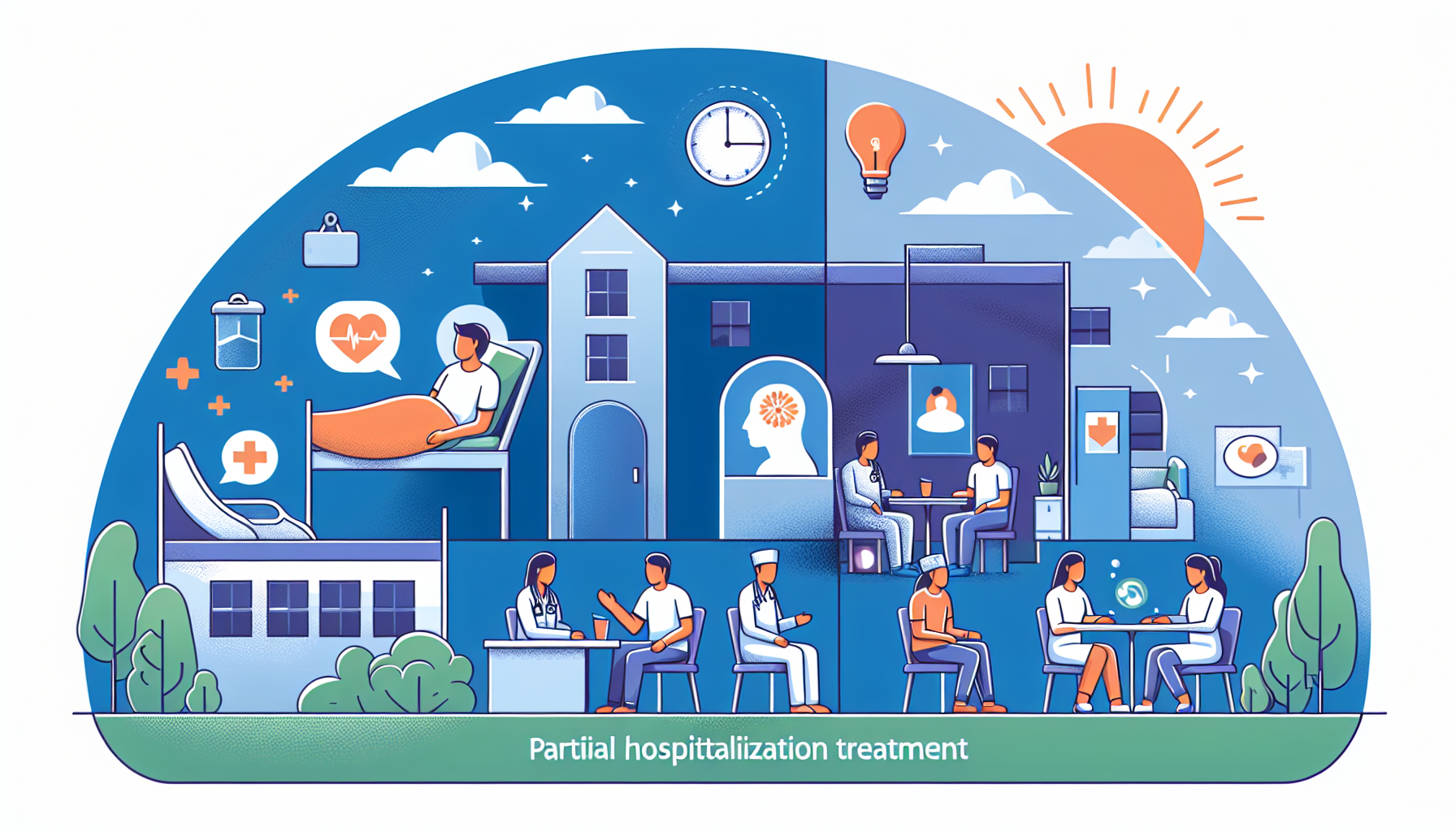


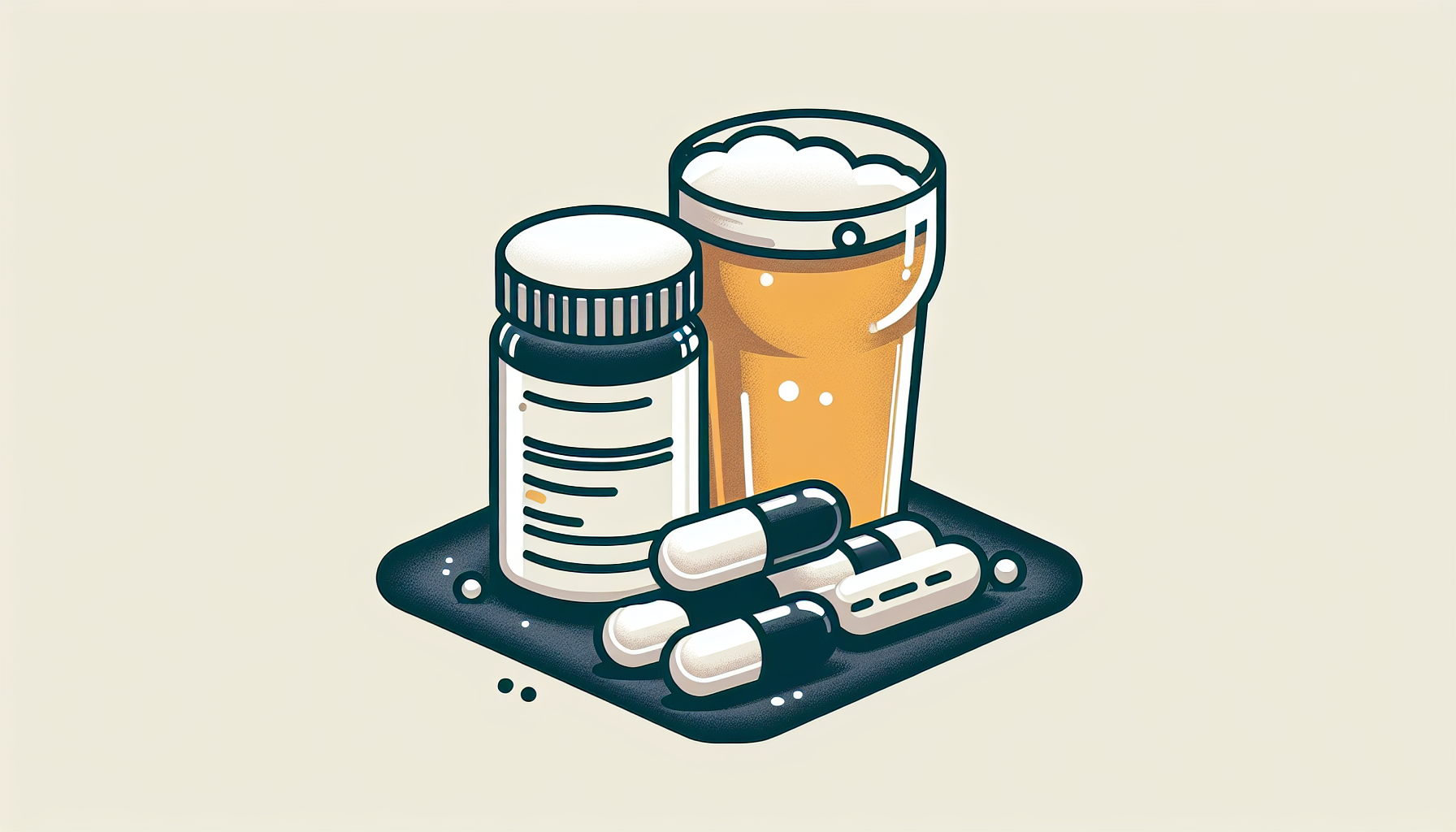





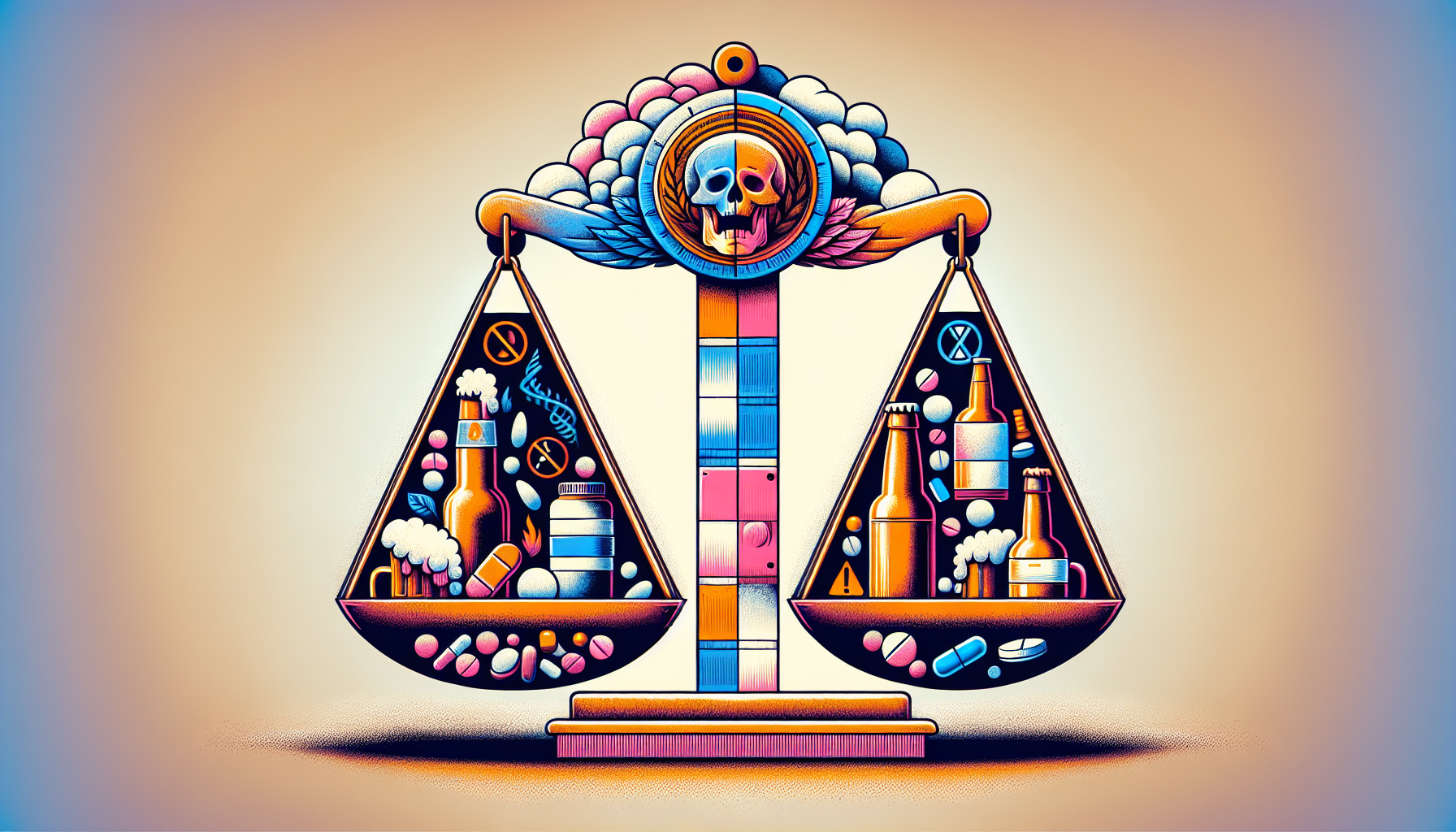






.jpg)
.jpg)











.jpg)



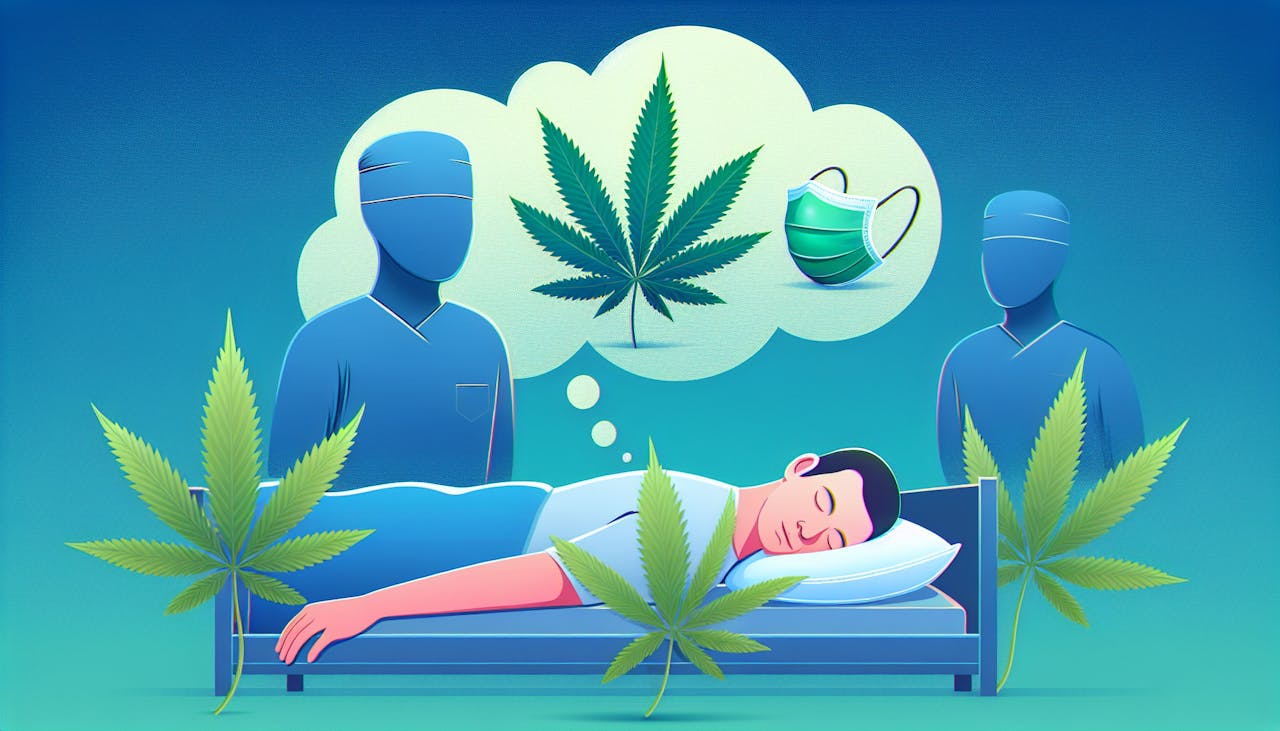




.jpg)






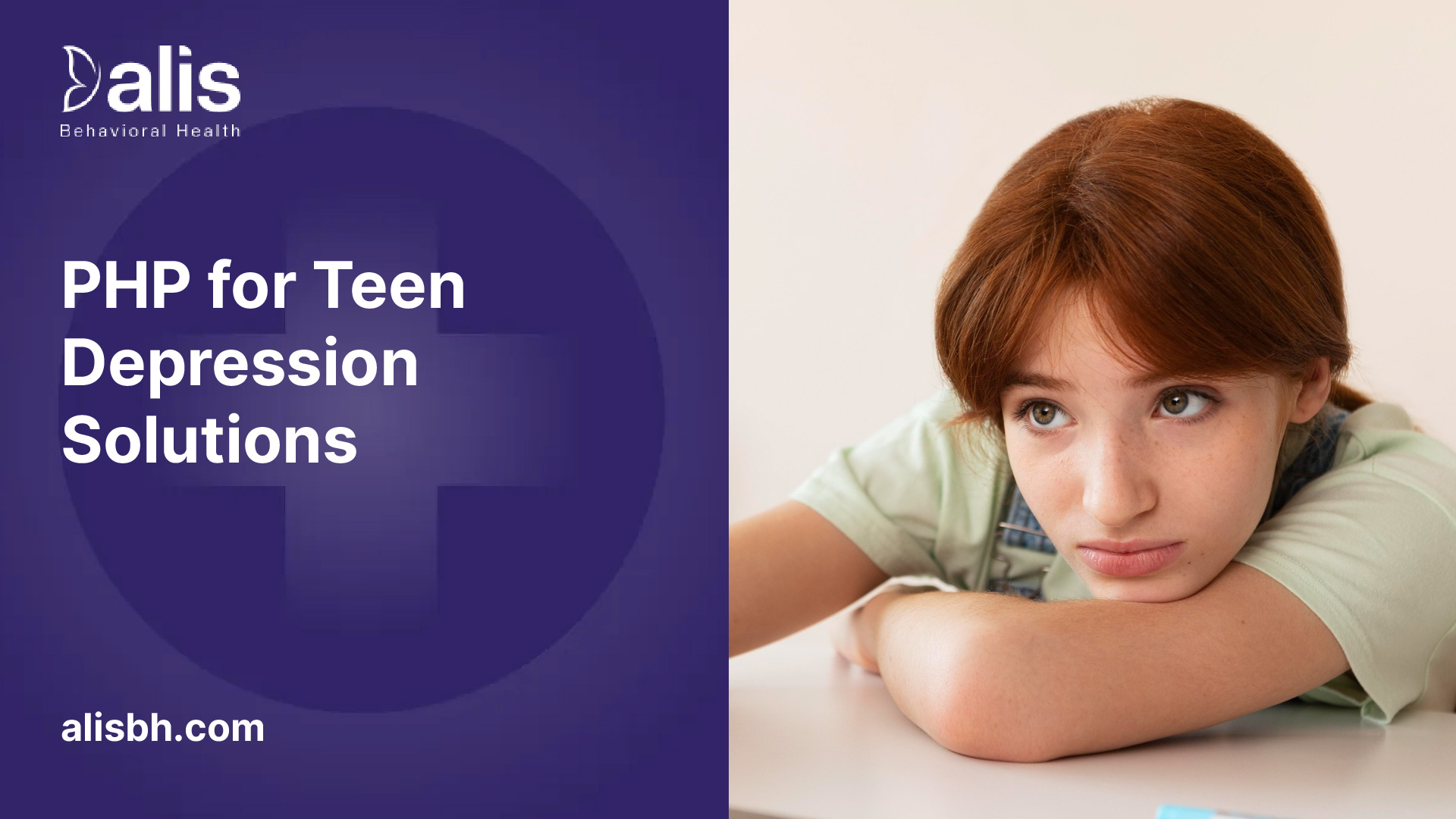






















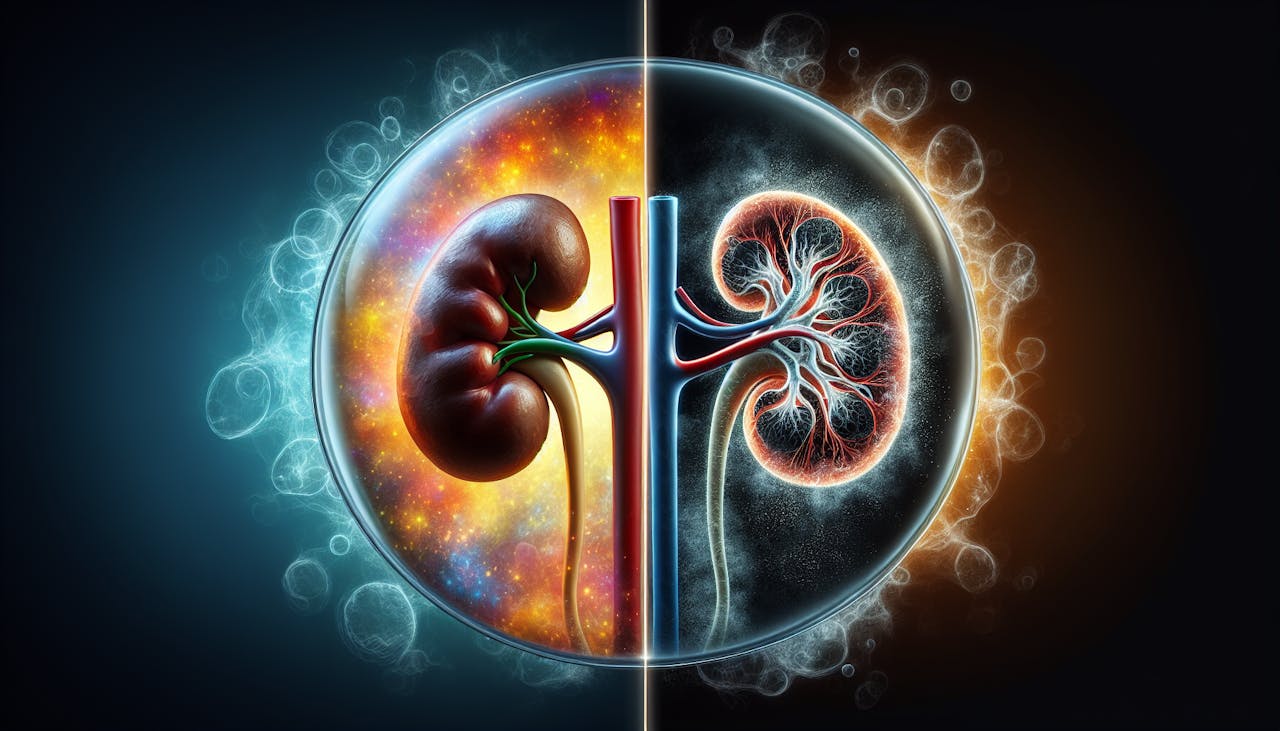


.jpg)
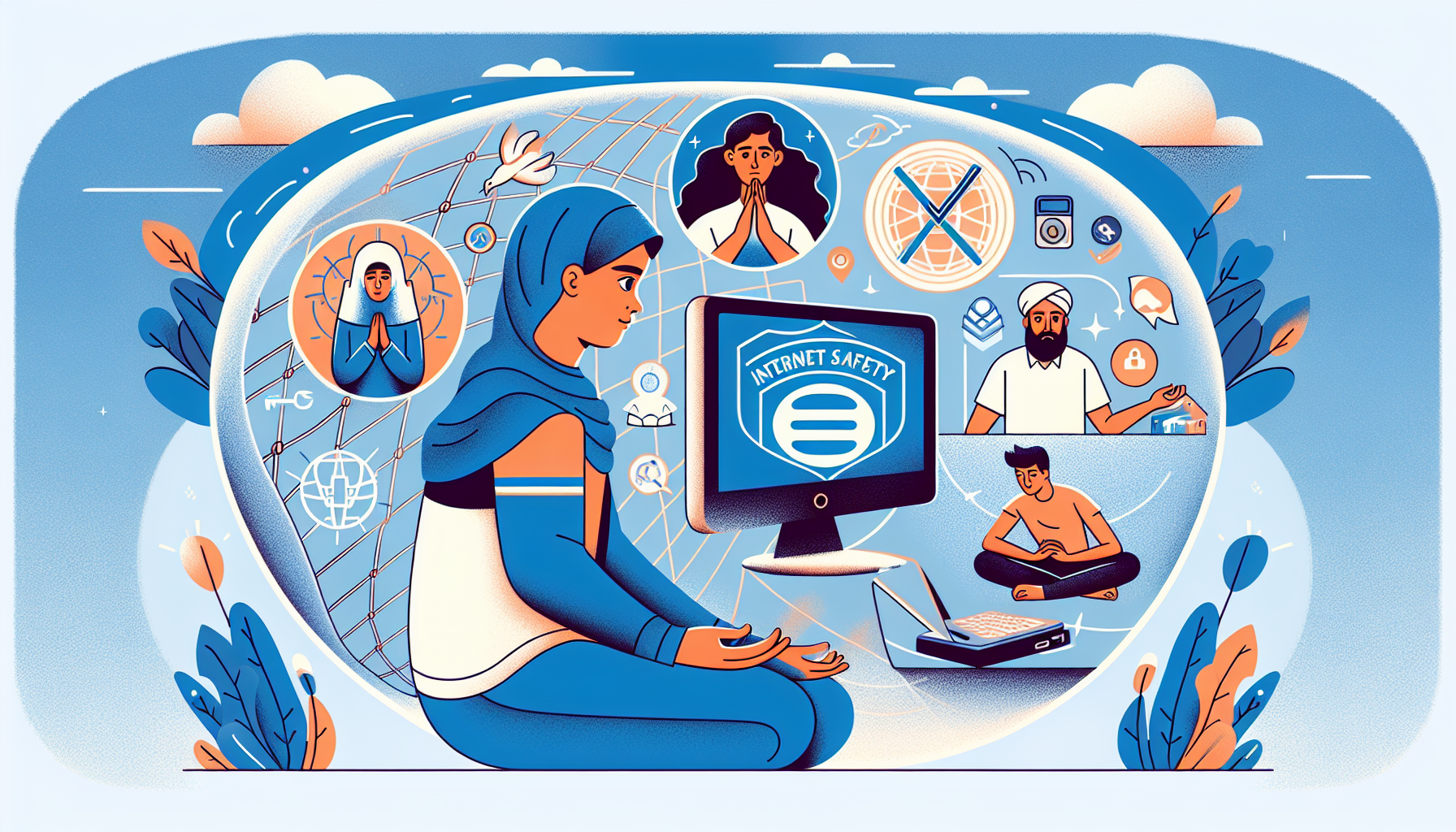









.jpg)












.jpg)



